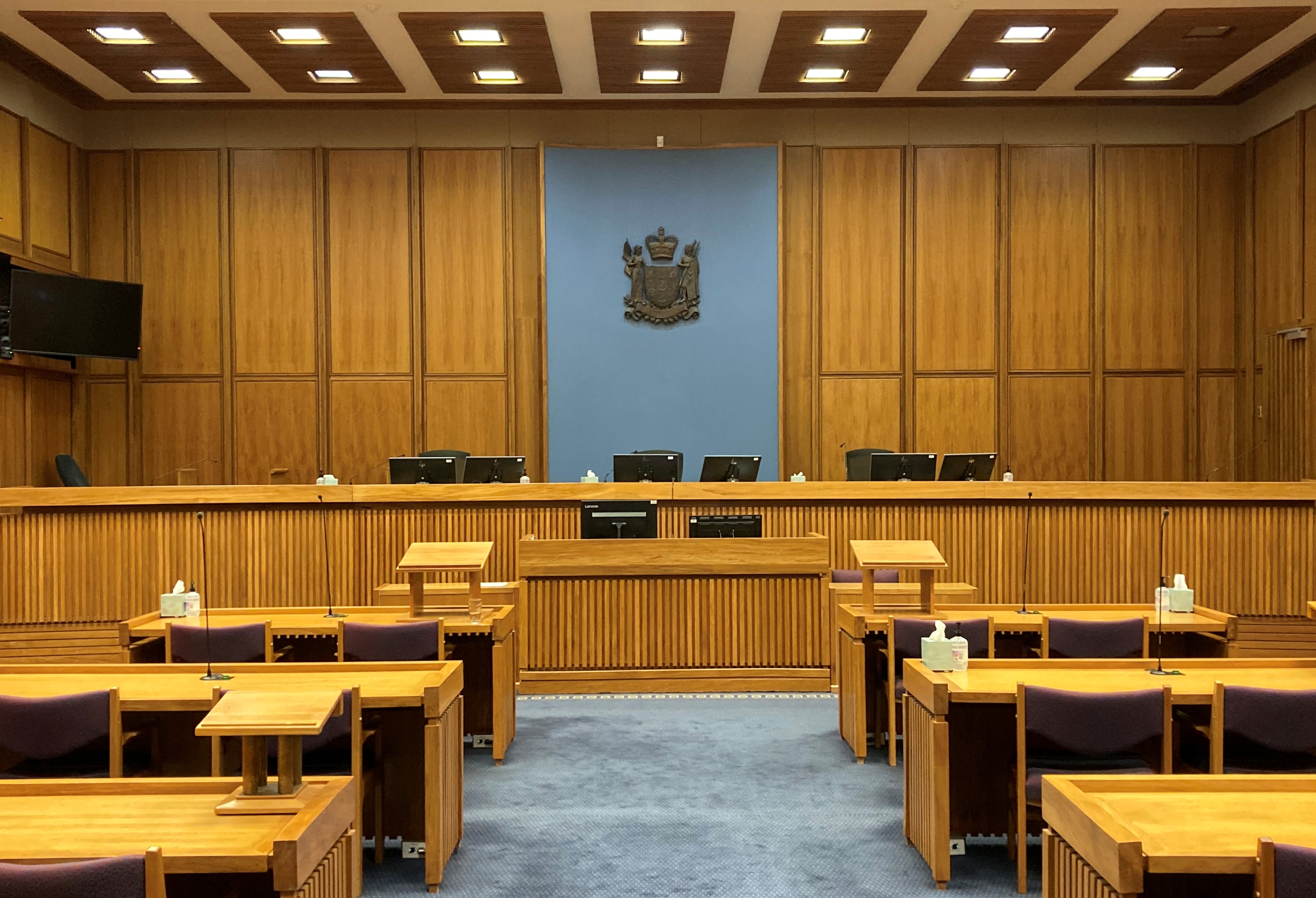|
Duncan V McDonald
Duncan v McDonald 9973 NZLR 669 is a cited case in New Zealand regarding the granting of relief under the Illegal Contracts Act 1970 for illegal contracts. Background The McDonalds entered into an illegal scheme with some Nigerians that in return of an investment of $285,000, they would receive $2,000,000. The McDonalds borrowed the money from an estate that Mr Duncan, a solicitor, was managing, and they used a property as security for the loan. Duncan was aware of the illegal nature of the transaction when he lent the money. Unsurprisingly, the McDonalds were a victim of a Nigerian scam, leaving the McDonalds unable to repay the mortgage on their property, and Duncan sought to enforce the mortgage. The McDonalds sought to have the mortgage set aside, as it was the result of financing of a crime, whilst Duncan sought validation. Decision The court ordered validation of the mortgage, but only to the extent of $75,000. Footnote: This case is similar to Polymer Developments G ... [...More Info...] [...Related Items...] OR: [Wikipedia] [Google] [Baidu] |
Court Of Appeal Of New Zealand
The Court of Appeal of New Zealand is the principal intermediate appellate court of New Zealand. It is also the final appellate court for a number of matters. In practice, most appeals are resolved at this intermediate appellate level, rather than in the Supreme Court. The Court of Appeal has existed as a separate court since 1862 but, until 1957, it was composed of judges of the High Court sitting periodically in panels. In 1957 the Court of Appeal was reconstituted as a permanent court separate from the High Court. It is located in Wellington. The Court and its work The President and nine other permanent appellate judges constitute the full-time working membership of the Court of Appeal. The court sits in panels of five judges and three judges, depending on the nature and wider significance of the particular case. A considerable number of three-judge cases are heard by Divisional Courts consisting of one permanent Court of Appeal judge and two High Court judges seconde ... [...More Info...] [...Related Items...] OR: [Wikipedia] [Google] [Baidu] |
